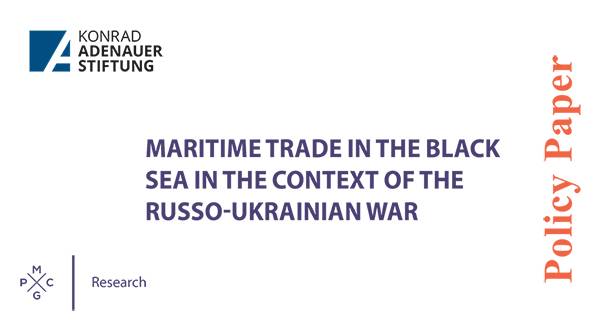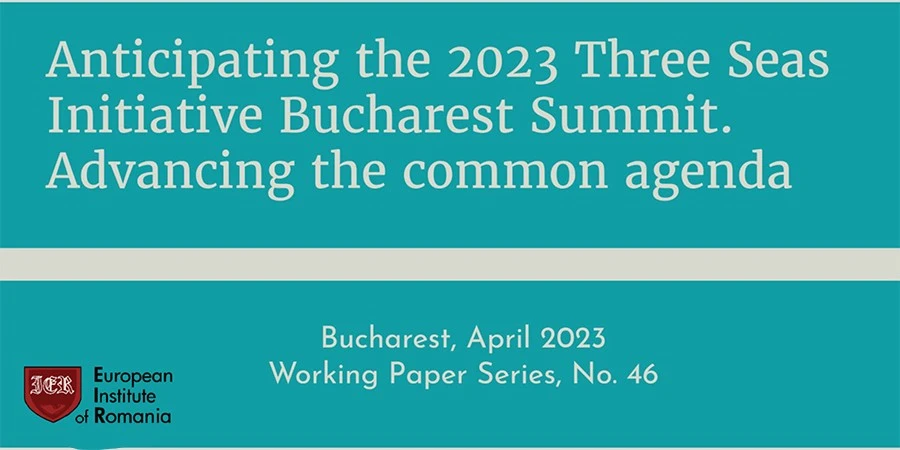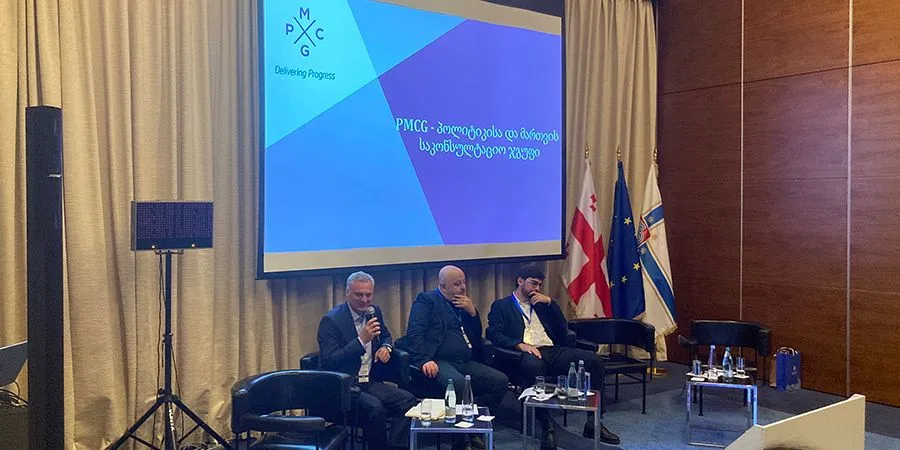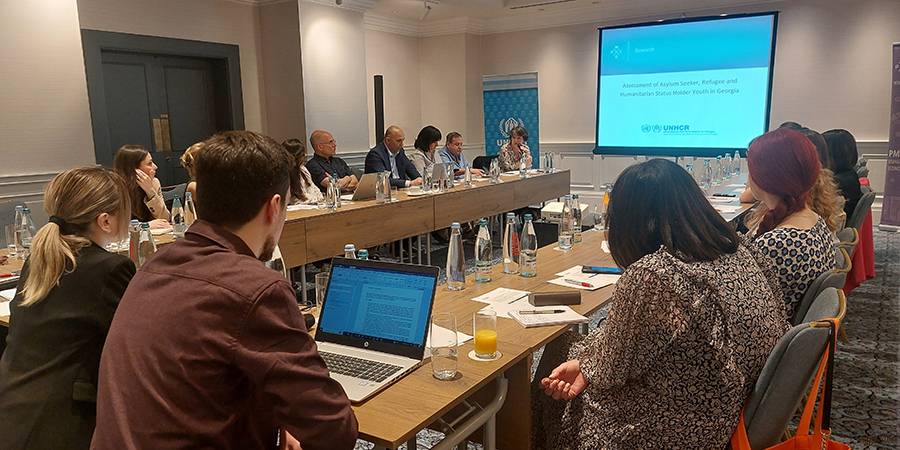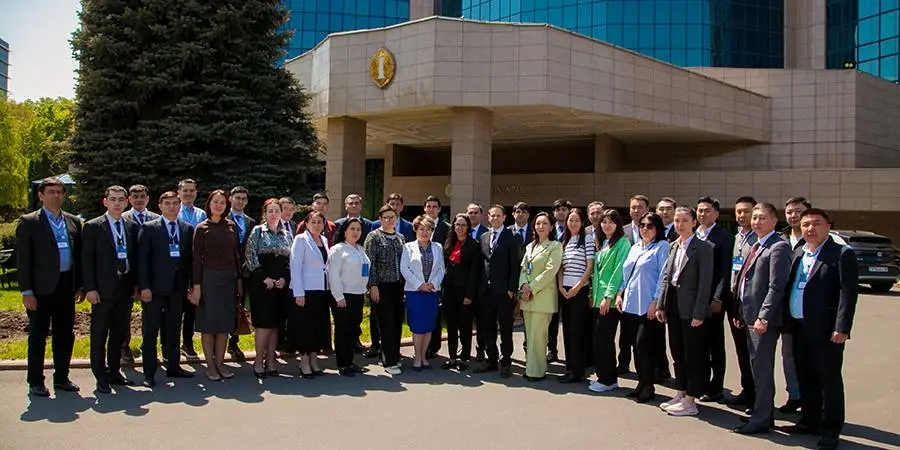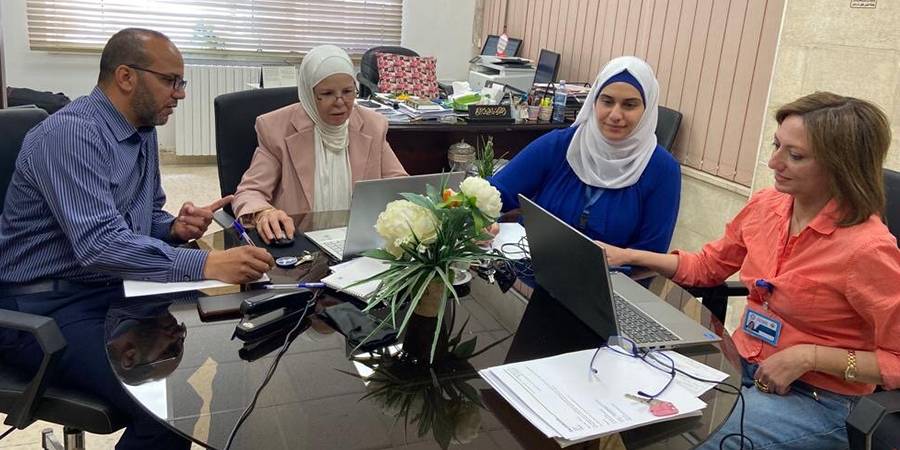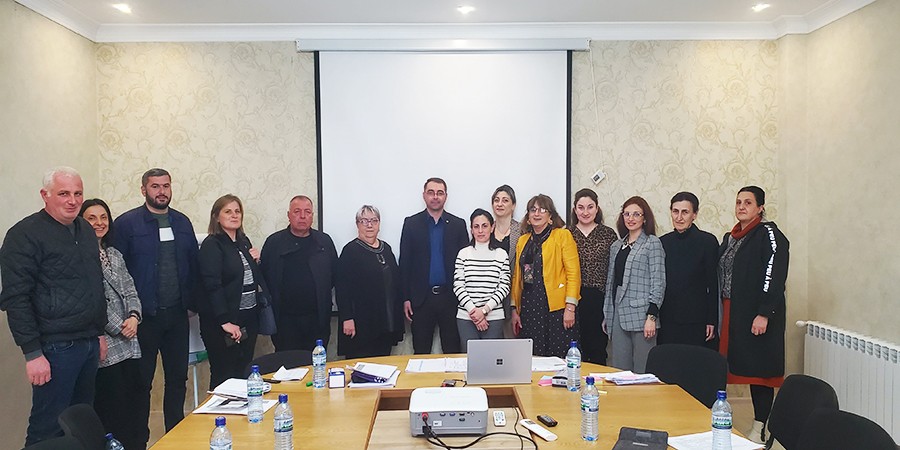Georgia and Black Sea-Caspian Trade and Energy Connectivity


On June 2, our researcher participated in the “Georgia and Black Sea-Caspian Trade and Energy Connectivity” roundtable. The event was part of the “GIP-KAS Foreign Policy Talks” project, supported by KAS South Caucasus Office. It focused on exploring Georgia’s strategic geographical position and its trade and energy connectivity potential.
The discussion revolved around Dr. Mamuka Tsereteli’s draft policy paper, analyzing the Black Sea-Caspian corridors and Georgia’s role. It argues that energy and transportation drive Georgia’s political-economic integration in the Black Sea and Caspian Sea neighborhoods, and Europe. The paper also emphasizes how these factors have an influence on the country’s strategic position.
PMC Research on Maritime Trade in the Black Sea
Complementing Dr. Tsereteli’s policy paper, PMC Research recently presented the results of its “Maritime Trade in the Black Sea in the Context of the Russo-Ukrainian War” study. Relatedly, a public discussion on the findings was also held. The study details possible implications of the Russo-Ukrainian War on maritime trade in the Black Sea and Georgia’s corresponding strategy.
The Need for Proactive Cooperation
A leading author of the latter paper, Nika Kapanadze, drew insightful comparisons between the analysis and findings of the studies of Dr. Tsereteli and PMC Research. He emphasized the need for proactive cooperation to unlock the region’s trade and transit potential.
“The findings of both studies confirm a need for more proactive cooperation between states, international partners, and companies. This will help to fulfill the trade and transit potential of the region for all parties,”
stated Kapanadze.
Roundtable participants addressed critical issues, including the impact of recent conflicts on Black Sea region connectivity and Georgia’s position in transit routes between the Caspian and Black Seas. Other challenges that could affect Georgia’s transit role were covered too, as well as strategies to strengthen its position.
Dr. Irakli Danelia (Central Asia & Caucasus Region Business Development Manager at Maersk, Asoc. Professor in Economics) and Mr. Giorgi Badridze (Senior Fellow, GFSIS) were among the key participants.
Conclusion: Insights Gained on Black-Caspian Sea Connectivity
PMC Research at the “Georgia and Black Sea-Caspian Trade and Energy Connectivity” roundtable brought insights on Georgia’s strategic position in the region. Its expertise, combined with other participants’ input, will guide policymakers and stakeholders to plan effective strategies. In turn, this ought to maximize trade and energy connectivity opportunities in the Black Sea-Caspian region.
